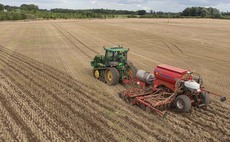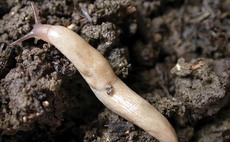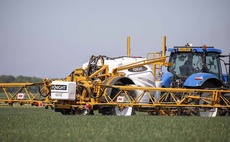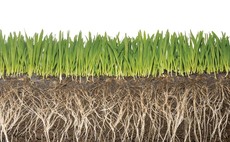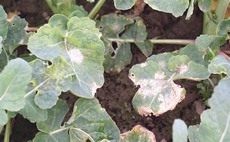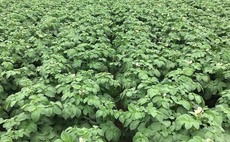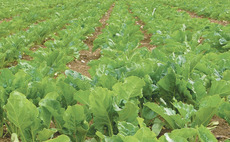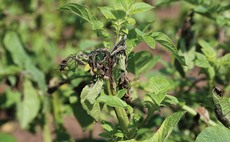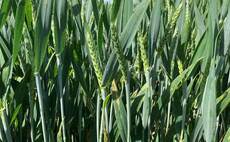Agronomy
Arable
After an easier year for oilseed rape, the crop is expected to claw back some of its reputation this harvest, and area is predicted to rise again for the 2021/22 season.
Arable
Getting oilseed rape crops in early can ensure it is better placed to resist cabbage stem flea beetle attack. �������� Guardian summarises the latest advice from a new guide.
Arable
With slug pellet applications imminent, the agricultural industry is being reminded that metaldehyde stewardship guidelines apply this autumn.
Arable
The fifth Groundswell event was the biggest yet, welcoming farmers to cultivate new ideas and dig the dirt on regenerative farming techniques. Alice Dyer and Chloe Palmer went along.
Arable
The fifth Groundswell event was the biggest yet, welcoming farmers to cultivate new ideas and dig the dirt on regenerative farming techniques. Alice Dyer and Chloe Palmer went along.
Arable
The majority of oilseed rape-growing counties across the UK recorded positive results for light leaf spot disease in leaf samples sent to Bayer’s SpotCheck service from October 2020 to March 2021.
Arable
With potato crops making up for a slow start to the season, �������� Guardian catches up with agronomists in the East and the South West for the latest agronomy advice.
Arable
Stewardship guidelines aimed at protecting workers hand-pulling bolters and weed beet from sugar beet crops were introduced by Bayer in 2018 with the intention of promoting product stewardship and operator safety.
Arable
Hutton Criteria disease warnings have been declared in key potato-growing areas.
Arable
In conjunction with Bayer we will be keeping track of winter wheat development over two cultivation strategies, and using Rapid Disease Detection results to monitor disease progress through the season.

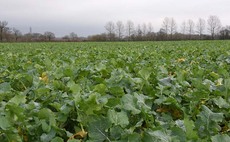
 05 August 2021
•
4 min read
05 August 2021
•
4 min read
